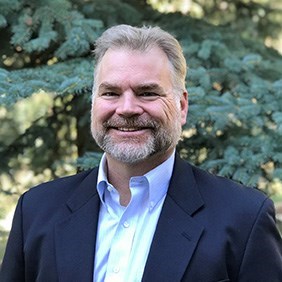
Life is difficult. But many people often complain about their problems, burdens and difficulties as if life were generally easy, or as if life should be easy. Then they try to ignore a problem or expect others to fix it for them.
One of the things that makes life difficult is that the process of confronting and solving problems is a painful one. Problems can cause us to feel frustrated, sad, powerless, anxious, angry, or generally uncomfortable. But through the act of solving our problems, we can find courage, creativity and wisdom.
In order to solve a problem, we need to take responsibility for the problem. Many seek to avoid the pain of their problems by saying to themselves, “It’s not my problem.” Or they may say, “This problem was caused by other people or by social circumstances beyond my control, so it is up to other people or society to solve this problem for me.” If we go through life in a bubble that keeps us from feeling pain, we will not experience growth or learn how to cope with the unavoidable ups and downs of life.
And for those who want to help fix others’ problems and ease their pain, it is important to keep this in mind. We sometimes need to step back and remind ourselves that by trying to fix someone’s problems, we may not be allowing the person to grow into the best version of themselves.
I would like to share a story that helps illustrate this:
Once upon a time, a young girl was playing in her grandmother’s garden when she noticed some butterfly cocoons getting ready to open. She watched the first butterfly trying to come out of its home. It struggled and took a long time. By the time the butterfly got out, it was exhausted. It had to lay on the tree branch and rest awhile before it could take flight. The little girl felt so terrible for the little butterfly, who had to go through so much of a struggle just to get out of his little cocoon. When the little girl saw the second cocoon getting ready to hatch, she didn’t want it to go through what the first butterfly did. So she helped open the cocoon herself, and took the butterfly out. She laid him on the branch and saved him from the struggle. But the second little butterfly died, while the first little butterfly who had fought so hard took off into the sky. Distraught, the little girl ran to her grandmother, crying. “What happened? Why did the second butterfly die?” she asked. Her grandmother explained that butterflies have a liquid in the core of their body, and as they struggle to get out of the cocoon that liquid is pushed into the veins in the butterfly wings where it hardens and makes the wings strong. If the butterfly doesn’t push and pull and fight to get out of the cocoon, its wings won’t be strong enough to fly and the butterfly dies. “Without the struggle, there are no wings,” grandmother said as she stroked her granddaughter’s hair. “Just like it will be with you, child. In life you will go through hard times. But it is the hard stuff, the struggle, that will help you grow and help you learn to fly.” “But won’t it hurt?” asked the little girl. “Sometimes, things will hurt. Sometimes, things will be hard. But one day, it will all be worth it. And you’ll learn from all your struggles—they’ll teach you how to fly!
This does not mean people are expected to work through life’s challenges on their own. Everyone needs support and sometimes professional help. But it is important for individuals to work through the hard times in order to grow and find happiness.
CCHA is here for you!
Our care coordinators can help you find resources and support for your physical and mental health, or other challenges you are facing.
Call CCHA Member Support Services
303-256-1717 | 719-598-1540 | 1-855-627-4685 (TTY 711)
Monday through Friday, 8 am to 5 pm